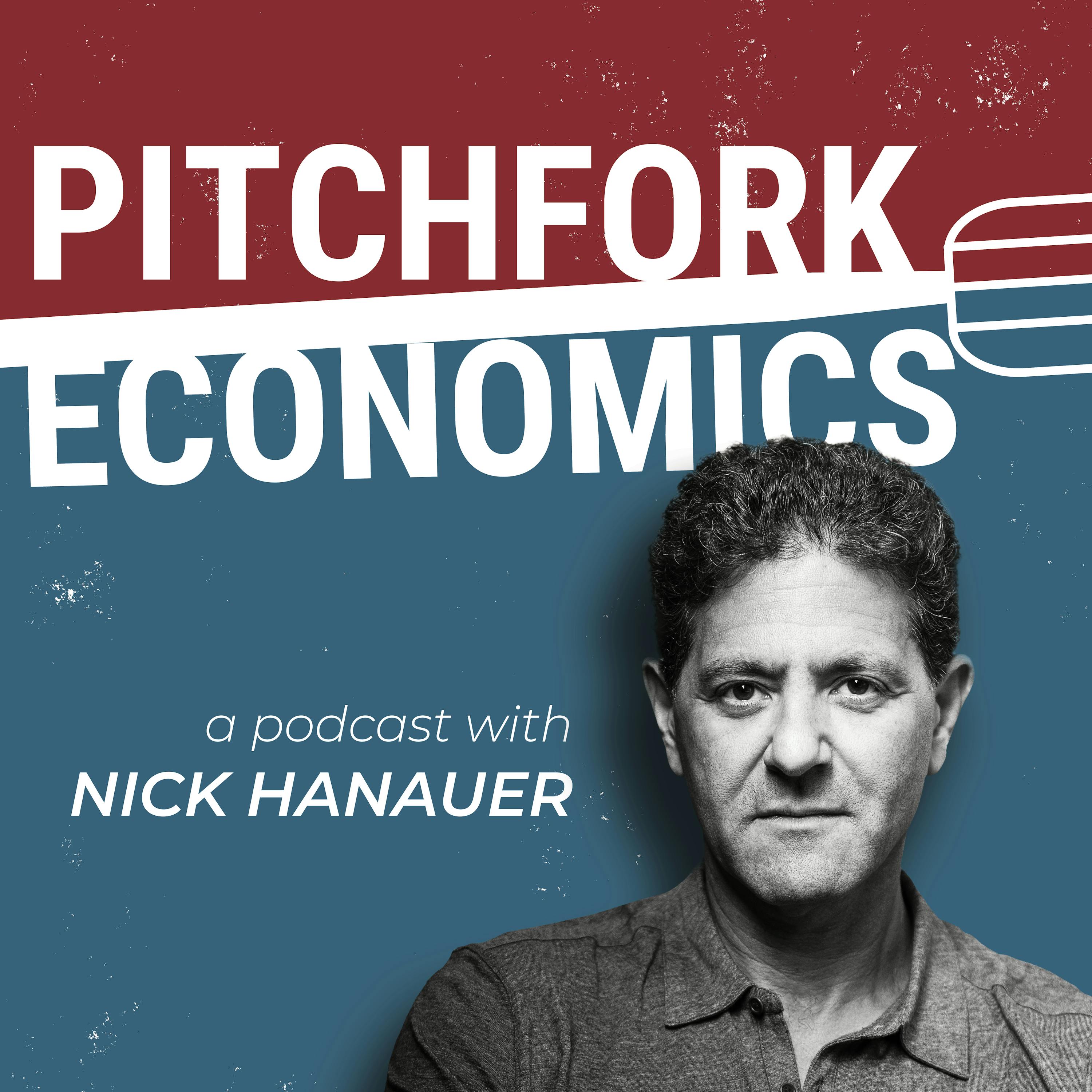Will bad economics kill the Green New Deal? (with Naomi Klein and J.W. Mason)
The only thing holding us back from big, bold, progressive change is ourselves. When critics wonder if we can afford to pay for the Green New Deal, they couch their concerns in the language of neoliberal economics: they say that investing in the middle class, raising wages, and doing too much too quickly will ruin the economy. This week, Naomi Klein and J.W. Mason join us to explain why the economic status quo is the greatest barrier to the Green New Deal becoming a reality, and how we actually can afford to change our economy so drastically.
Naomi Klein is an award-winning journalist and New York Times bestselling author. She is Senior Correspondent for The Intercept, a Puffin Writing Fellow at Type Media Center, and the inaugural Gloria Steinem Chair in Media, Culture and Feminist Studies at Rutgers University. Her most recent book, ‘On Fire: The (Burning) Case for a Green New Deal’, published worldwide in September, was an instant New York Times bestseller and a #1 Canadian bestseller.
Twitter: @NoamiAKlein
J.W. Mason is a Fellow at the Roosevelt Institute, where he works on the Financialization Project, and an assistant professor of economics at John Jay College, CUNY. His current research focuses on the history and political economy of credit, including the evolution of household debt and changing role of financial markets in business investment. He also works on the history of economic thought, particularly the development of macroeconomics over the twentieth century.
Twitter: @JWMason1
Further reading and resources:
On Fire: https://www.indiebound.org/book/9781982129910
Can We Afford a Green New Deal? http://jwmason.org/slackwire/can-we-afford-a-green-new-deal/
Decarbonizing the US Economy: Pathways Toward a Green New Deal: https://rooseveltinstitute.org/wp-content/uploads/2019/06/Roosevelt-Institute_Green-New-Deal_Digital-Final.pdf
A Message from the Future with Alexandria Ocasio-Cortez: https://www.youtube.com/watch?v=d9uTH0iprVQ
With a Green New Deal, Here’s What the World Could Look Like for the Next Generation: https://theintercept.com/2018/12/05/green-new-deal-proposal-impacts/

59m







